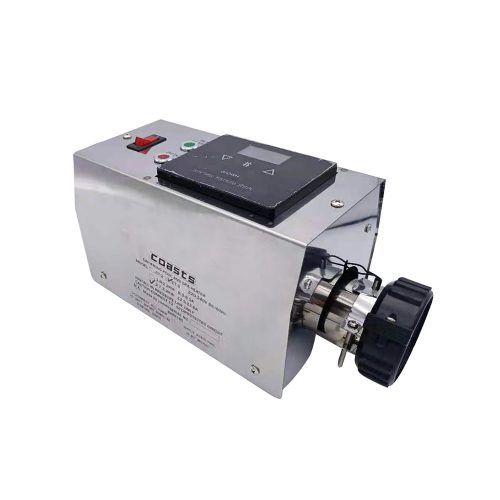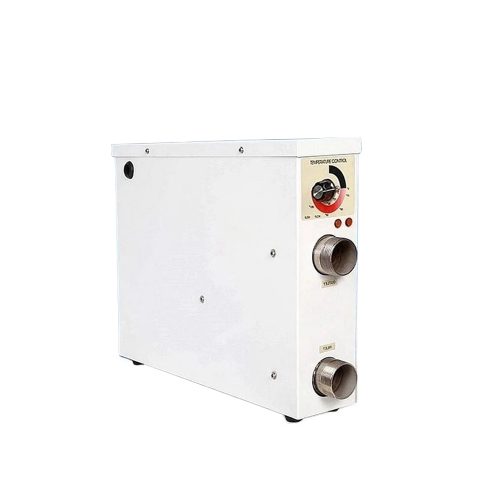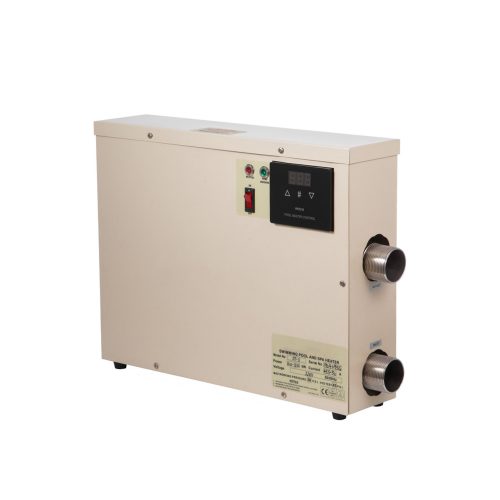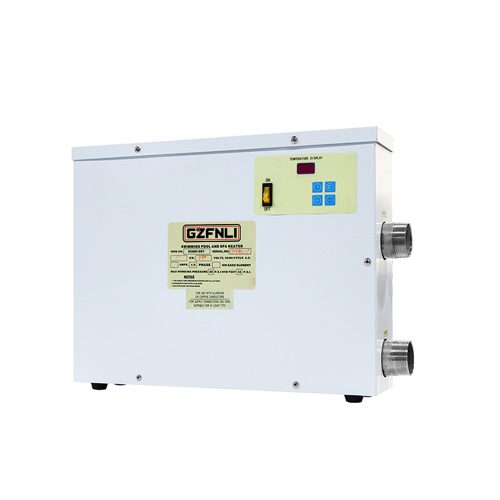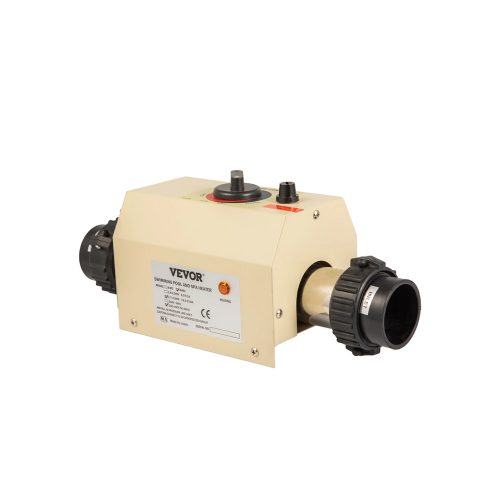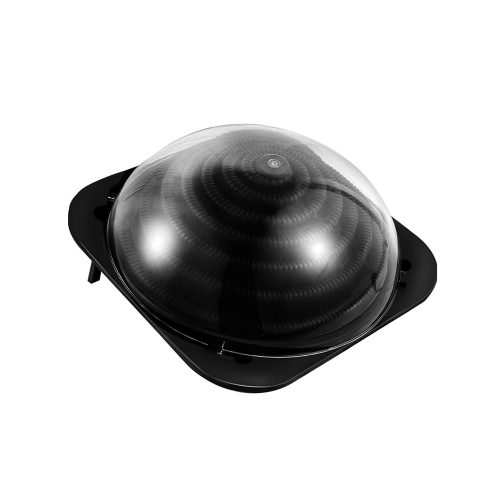BEST POOL HEATER COLLECTION FOR YOU
Popular pool heaters are electric pool heaters for above ground pools, electric pool heaters for inground pools.
2. Cut PVC pipe.
3. Connect your heater to the PVC pipe.
4. Installation is finished.
The electric pool heater requires a certified technician who can install the unit safely.
- The best brands
Pentair
EcoSmart
Coates
Paypal
SunHeater
Hayward
Raypak
Jandy
Rheem
Teledyne Laars
Bestway Middle East
- Pool Size
- Budget
A heat pump is next on the list and usually costs more upfront than a gas pump.
A solar pool heater is probably the most expensive type, but the energy it uses is free, so that it will cost a lot less per month.
- Climate
If you live in a place with a lot of direct sunlight, a solar pool heater or heat pump will be the best choice.
However, if not so, a gas pump may be the best for you.
- Purchase Cost
Solar Pool Heaters Because they run entirely on solar power and are free of charge, they can start as low as $150.
Electric Heat Pump Pool Heaters Electric heat pump heaters are powered by electricity and can operate in sunny or shady conditions. They range from $1500 to $3000.
Resistance Heaters These pool heaters use electricity through a resistor to heat the water without releasing any air pollution but can consume a lot of electricity in the cooler months. Prices for these pool heaters range from $1,700 to $4,000.
Gas Pool Heaters Gas pool heaters use combustion to heat your pool and are very efficient at heating. They are not the most environmentally friendly heating option, but they are one of the most efficient ways to heat a pool in cold weather. They cost about $2000 to $2800.
- Installation Costs
The base price for pool heater installation ranges from $500 to $1,000, although each pool heater type has its installation price. Gas pool heaters tend to be the most expensive to install, although these prices may vary depending on your location and contractor.
- Running Costs
Solar pool heaters are an attractive option because they have no fuel costs to operate. However, they still require a pump to work, which costs several hundred dollars per year in electricity.
Resistance pumps and heat pumps cost an average of $100 per month in electricity to operate.
Gas heat pumps are the most expensive option, depending on the fuel you choose to use. They can cost between $300 and $500 per month to operate.
Before you make a final decision, you also need to consider the size and location of your pool.
Smaller pools and pools located in sunny areas are generally much less expensive to operate. Larger pools located in the shade cost more to install and operate. Other factors include using a pool cover to keep the heat in and the climate in your area.
- Electric pool heater
- Solar pool heater
- Natural gas pool heater
- The Cost
Electric pool heaters are very different from natural gas when it comes to cost. These units tend to have higher upfront costs and, due to their complexity, higher installation costs. However, in the long run, electric heating is usually cheaper. Electricity also tends to be more reliable and has a longer lifespan than natural gas.
- Efficiency and Installation

